Headlines
Digital Literacy: AGILE Kano trains teachers on multimedia content development, remote learning

The Adolescent Girls Initiative for Learning and Empowerment (AGILE) has organised training for teachers on multimedia content development to ensure effective implementation of digital literacy and remote learning in Kano state.
KANO FOCUS reports that the Project Coordinator Malam Mujtapha Aminu said the training marks an important milestone in an efforts to enhance digital literacy among adolescent girls.

Malam Mujtapha Aminu
He added that the training was specifically designed to equip teachers with the essential digital knowledge and skills required to effectively integrate technology into their instructional practices.
“By doing so, we aimed to empower teachers to provide high-quality digital skills education to their students, particularly adolescent girls.

“In today’s technology-driven world, digital skills are no longer a luxury, but a necessity. They are essential for personal, societal, and economic growth, enabling individuals to participate fully in the digital economy, improve productivity, and drive innovation.

A cross section of participants
“Through this training, we are committed to bridging the digital divide and ensuring that adolescent girls have equal access to digital opportunities. I am confident that, together, we can make a meaningful impact and empower the next generation of leaders,” Aminu said.
Communication Officer, Adolescent Girls Initiative for Learning and Empowerment (AGILE) Kano, Nasiru Yusuf Ibrahim, in a statement on Sunday in Kano, quoted the Project Coordinator as saying that the training would enhance the capability of participants to develop relevant digital content in line with 21st century teaching and learning requirements.
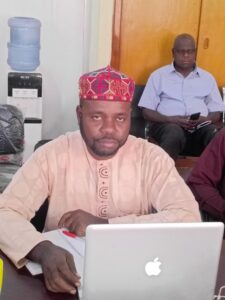
Nasiru Yusuf Ibrahim
He noted that Kano needed a large pool of skilled educators with digital learning content development skills in order to ensure improved teaching and learning outcomes in schools across the state.

A cross section of participants
The Project Coordinator encouraged the trainees to actively participate in the training to enrich their skills and competencies in effectively creating educational content.
In his remarks the Component Lead Digital Literacy and Remote Learning Kano AGILE, Malam Ahmad Jibril said the participants mainly teachers from girls Senior Secondary Schools in the state, are expected to step down the training to other teachers.

Malam Ahmad Jibril
He revealed that in the first phase of the implementation year, 100 schools will benefit from the intervention that will support training of students.
The component lead recalled that in 2024 AGILE in collaboration with Federal Ministry of Education had trained 230 teachers on how to navigate some learning management systems.

A cross section of participants
Jibril added that additional 200 schools will now benefit from the intervention in 2025 adding that 300 more teachers from various secondary schools across the 44 local governments areas of Kano state.
“After the training, the teachers will be given access to content creation equipment to enable them record contents developed in various subject areas and hosted on cloud for access by students not only in Kano but also Nigeria and the globe in general,” he said.
Jibril explained that students will be able to access lessons and study their subjects online during school period or even on vacation.
He highlighted that the new techniques will address challenges encountered during the COVID-19 pandemic that led to the closure of schools, emphasizing that such disruptions would not happen again.
Jibril noted that with the current initiative, even if schools are closed due to holidays or any unavoidable circumstance, teaching continues uninterrupted.
He explained that teachers can record their lessons and upload them to the internet, allowing students to download and watch them at their convenience.
He directed the participants to the Nigeria Learning Passport, an E learning platform of UNICEF in collaboration with Federal Ministry of Education.
He revealed that teachers are allowed to upload their educational contents to these platforms as long as they meet the specified requirements.
In her presentation the lead facilitator Samira Usman Adam exposed participants to different applications for mobile recording and editing.

Malam Ahmad Jibril
A participant, Musa Dan Azumi Muhammad pledged to apply the skills learnt to improve their teaching processes.
He said that the training will promote girl child education, particularly in rural and semi urban areas.
A total of 40 master trainers were selected from different schools across the 44 local government areas of Kano state for the training.
Nasiru Yusuf Ibrahim AMNIPR,
Communication Officer,
AGILE Kano.

Headlines
Kano business community thanks FG for N5bn Singer market relief
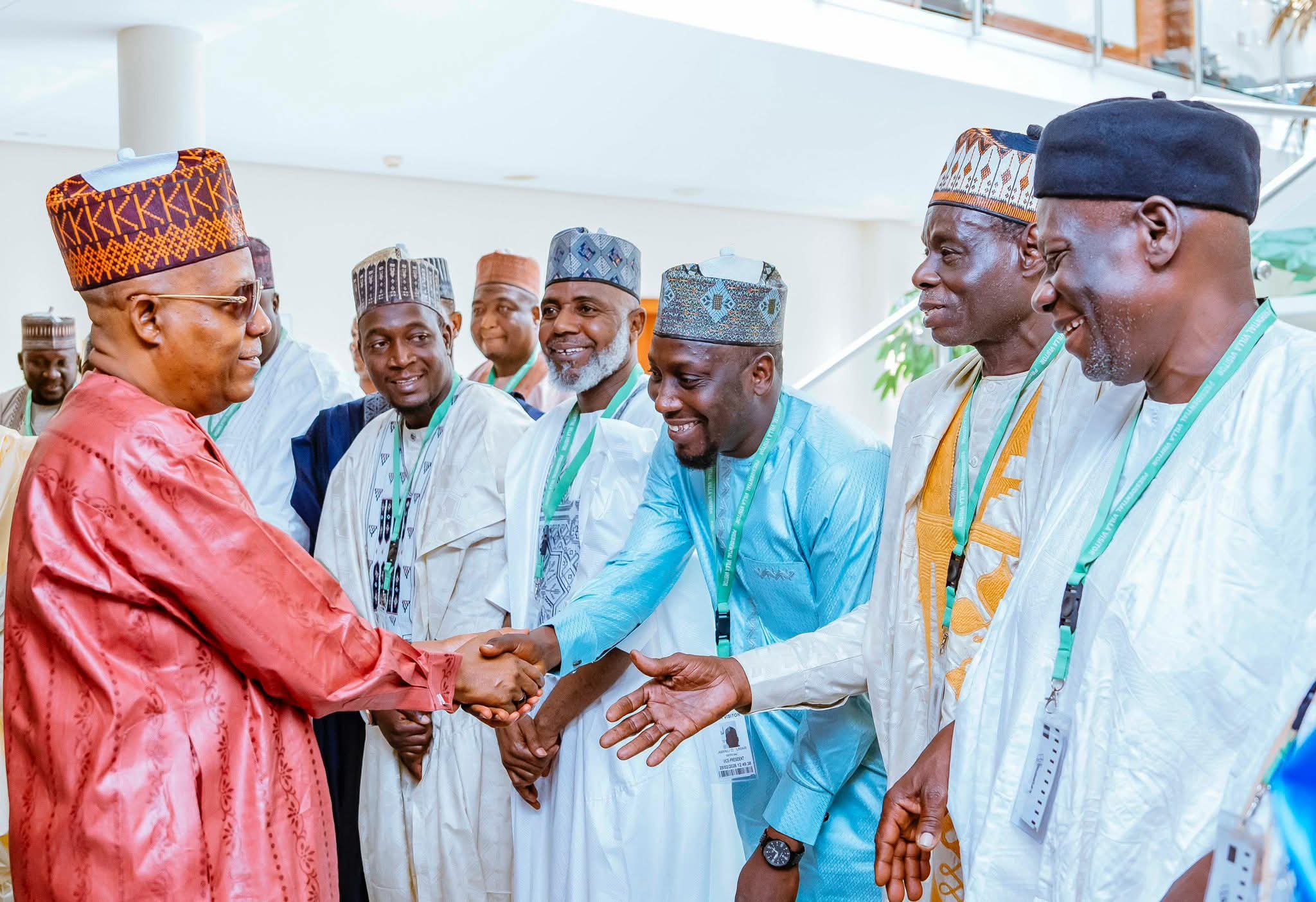
Nasiru Yusuf Ibrahim
Nigeria’s Vice President, Kashim Shettima, on Tuesday received a delegation from the Association of Kano Business Community at the Presidential Villa, Abuja, during a thank-you visit to President Bola Ahmed Tinubu.

KANO FOCUS reports that the delegation expressed appreciation to the Federal Government for its support to traders and other victims affected by the recent fire incident that razed several sections of the popular Singer Market in Kano.
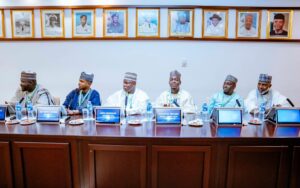
Speaking during the meeting, the Vice President reaffirmed the Federal Government’s commitment to collaborating with the Kano State Government and relevant agencies to prevent a recurrence of fire outbreaks in markets across the state.
He assured the delegation that President Tinubu has the interests of Kano people at heart, noting that the N5 billion approved as immediate relief for victims was based on the findings of a preliminary assessment of the damage caused by the inferno.
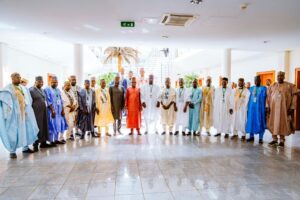
Shettima reiterated that the Federal Government would continue to support efforts aimed at restoring commercial activities and strengthening safety measures in markets to protect lives and property.

Headlines
Kano Govt inaugurates 23-member committee to disburse Singer market fire relief
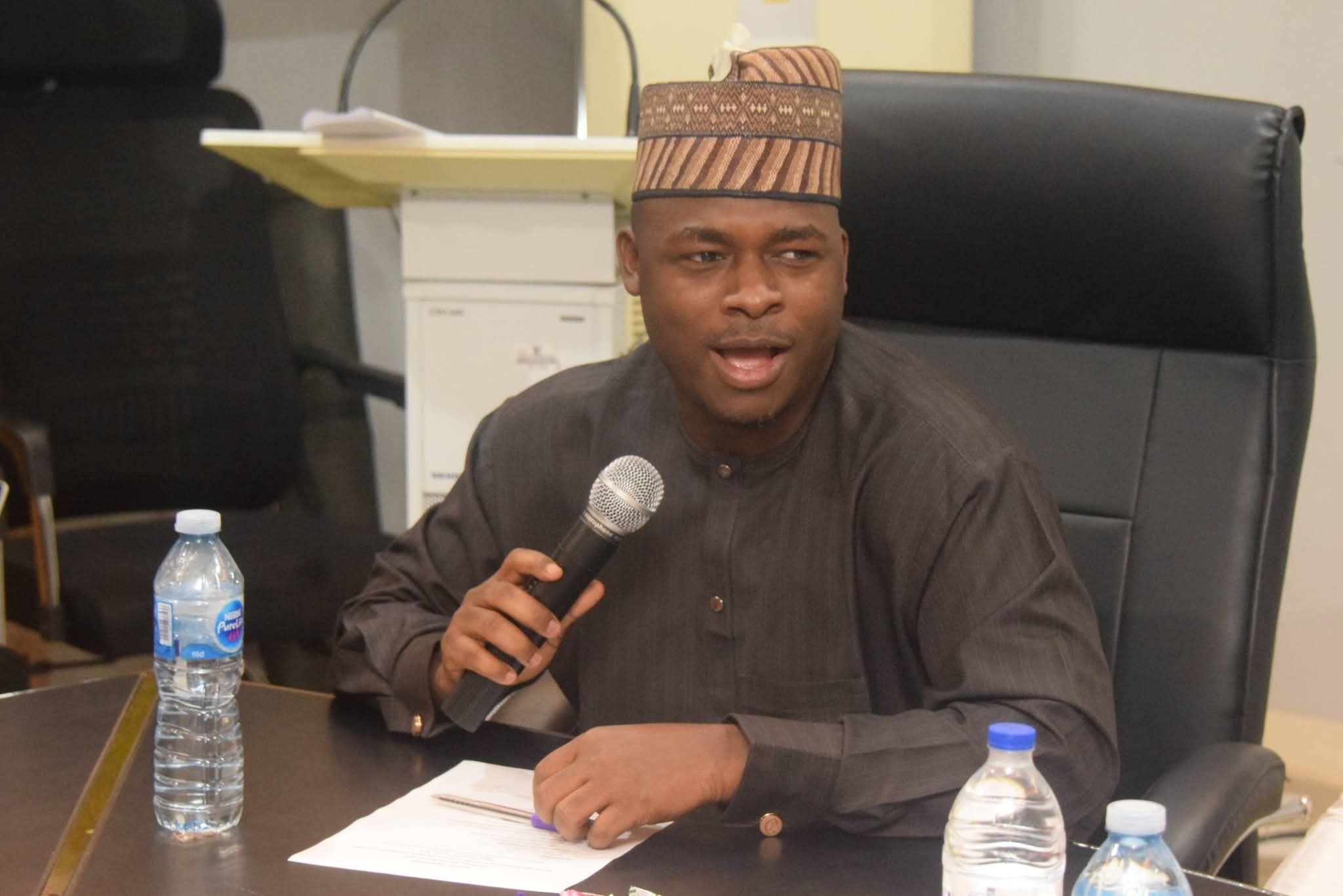
Nasiru Yusuf Ibrahim
The Kano State Government has inaugurated a 23-member committee to oversee the transparent and equitable distribution of financial assistance and relief materials to victims of the recent Singer Market fire disaster.

KANO FOCUS reports that the inauguration was carried out on behalf of the Secretary to the State Government, Umar Faruq Ibrahim, who chairs the committee. The event was presided over by the state Attorney-General and Commissioner for Justice, Abdulkarim Kabiru Maude.
According to the Attorney-General, the committee comprises representatives from key government agencies, security services, the Kano Emirate Council, religious leaders, and affected traders.
He said the panel’s mandate includes assessing the extent of losses, verifying genuine victims, ensuring timely distribution of support, and recommending measures to prevent future fire incidents.
The intervention follows support approved by President Bola Ahmed Tinubu, as well as contributions from the APC Governors Forum. It also comes in addition to earlier assistance provided by Governor Abba Kabir Yusuf and the Deputy Senate President, Barau I. Jibrin.
The state government reaffirmed its commitment to supporting victims of the disaster and restoring commercial activities at Singer Market.

Headlines
Kano Govt announces March 1 for schools’ Ramadan break
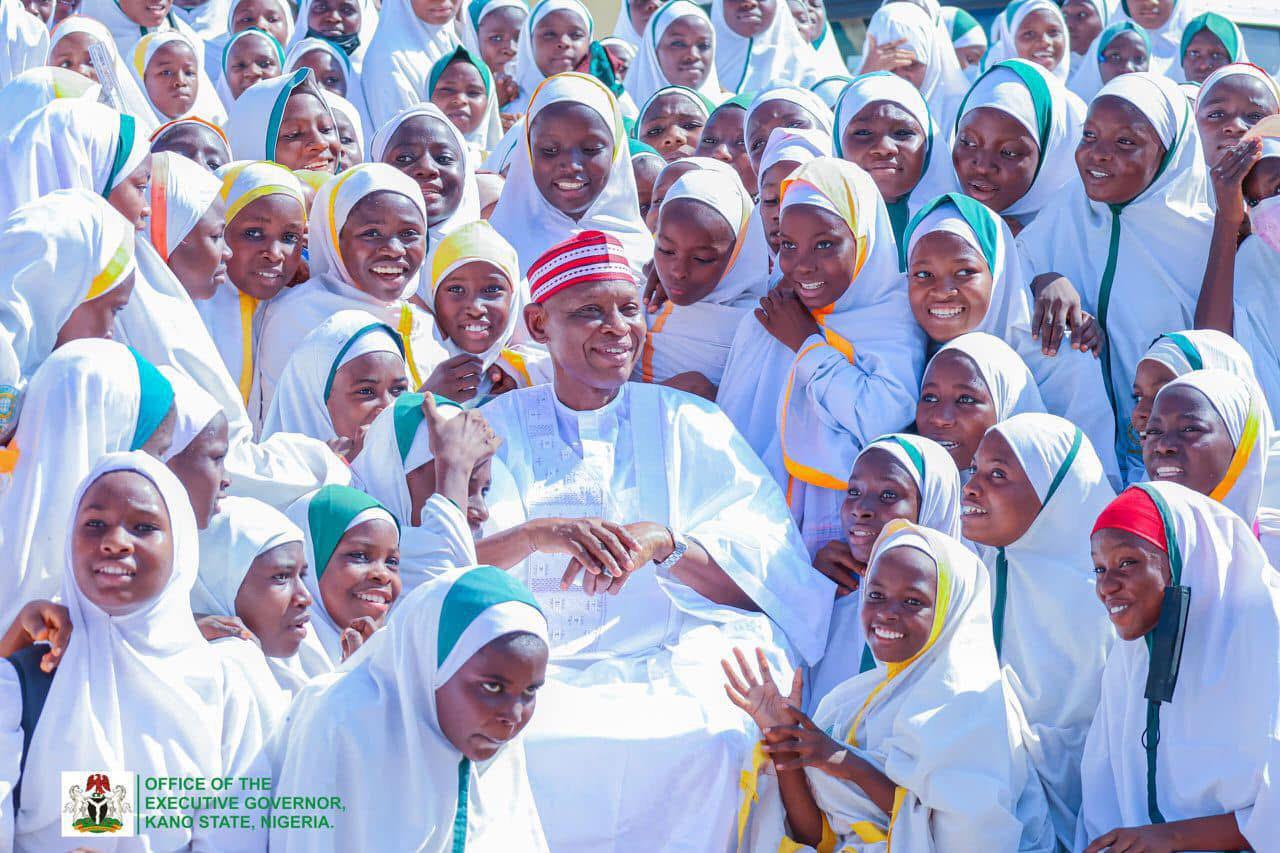
Nasiru Yusuf Ibrahim
The Kano State Government has announced Saturday, March 1, 2026, as the commencement date for the Eid-el-Fitr break for all public and private primary and post-primary schools in the state.

KANO FOCUS reports that the announcement, contained in the approved 2025/2026 academic calendar, applies to both day and boarding schools across the state.
According to a statement issued by the Director of Public Enlightenment, Musbahu Aminu Yakasai, parents and guardians of pupils and students in boarding schools are expected to convey their wards home by the early hours of Friday, February 28, 2026.
The statement further explained that boarding school students are to resume on Sunday, March 22, 2026, while day students are to resume on Monday, March 23, 2026.
It added that the second term will continue from Sunday, March 22, 2026, and end on Saturday, April 18, 2026.
The government directed all public and private schools in the state to comply strictly with the directive, warning that non-compliance would be treated as a breach of government instructions.
The Commissioner for Education, Ali Haruna Abubakar Makoda, urged parents and guardians to ensure full compliance with the approved resumption dates.
He appreciated parents and residents of the state for their continued cooperation and support to the ministry, and wished pupils and students a successful completion of the Ramadan fast and hitch-free Sallah celebrations.












